World Pancreatic Cancer Day: research reveals molecules that alter the disease’s spread
This World Pancreatic Cancer Day, researchers at the Barts Cancer Institute (BCI) and the William Harvey Research Institute at Queen Mary University of London have published findings that could offer new possibilities for early diagnosis and treatment of pancreatic cancer. The scientists discovered that cells neighbouring the tumour produce a class of molecules called SPMs, which may alter how aggressive the disease is. These insights shed new light on how we might tackle this challenging cancer type. This work was made possible thanks to funding from Barts Charity and the Pancreatic Cancer Research Fund.
Pancreatic cancer remains one of the hardest types of cancer to treat, with only 5% of patients surviving their disease for 10 or more years. The disease often goes unnoticed until it reaches an advanced stage and has already spread, after which treatment becomes especially challenging. What’s more, this type of cancer embeds itself within a barrier of tough scar tissue, creating a fortress that shields the tumour from treatments and the immune system. We urgently need to understand the disease better to unlock ways to improve its poor outlook.
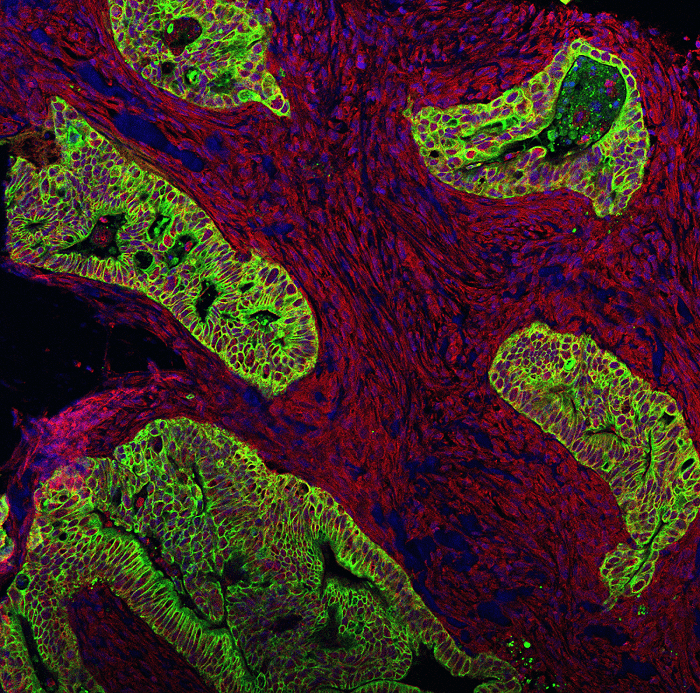
In a new study published on World Pancreatic Cancer Day 2023 in Frontiers in Immunology, researchers led by surgeon-scientist Professor Hemant Kocher at the BCI shed new light on the disease that could help us to detect it earlier and treat it more effectively. The team studied a class of star-shaped cells known as pancreatic stellate cells that are coerced by the cancer to become active and build the protective fortress of scar-tissue surrounding the tumour.
Professor Kocher and his team are currently running a clinical trial called STARPAC, which is testing a way to quieten down these stellate cells and reduce the scar tissue around the tumour to improve other treatments’ chances of breaching the cancer’s defences and defeating it.
‘Stars’ of the pancreas could hold the key to controlling pancreatic cancer’s aggressive behaviour

Today’s new study offers vital new insights into pancreatic stellate cells and how altering their behaviour could help us to successfully tackle the disease. Professor Kocher’s team found that the stellate cells can produce a cocktail of molecules called SPMs, which usually play a peacekeeping role in our immune response, calming the immune system after it battles injury or infection. Intriguingly, they found that when stellate cells activate, they produce a different cocktail of SPMs than in their quiet state. Importantly, this change after activation seemed to boost the aggressiveness of pancreatic cancer.
The team focussed on one particular SPM called RvD5n-3 DPA, which seemed to reduce the invasion of pancreatic cancer cells into other tissues in lab models. Production of this molecule plummeted in activated stellate cells – a change that might take the breaks off of cancer’s ability to spread. Supporting this, the researchers found that when they added this molecule back into the tumour environment, it reduced the invasion of the cancer. These findings shine a spotlight on SPMs as a potential target for future therapies and diagnostic tests.
To investigate further, the team examined valuable blood samples, kindly donated by patients with pancreatic cancer and healthy donors from Tissue Bank created by funding from Pancreatic Cancer Research Fund. They found that the levels of SPMs were very different in the blood of people with pancreatic cancer compared with healthy controls, supporting their possible use as a novel way to detect the disease. This research is still at a very early stage, and further studies are now needed in laboratory models and patients to understand how we can best harness this new knowledge in the clinic to improve the lives of people with pancreatic cancer.
Professor Kocher comments: “We would like to dedicate this work to the pancreatic cancer community on World Pancreatic Cancer Day (16th November 2023). This early laboratory research raises hope for new ways of diagnosing pancreatic cancer early as well as finding new means to tackle this hard-to-treat disease. We hope raising awareness of this deadly killer will bring much needed investment into research and treatment for pancreatic cancer.”
Read more about pancreatic cancer research underway at the BCI
Category: General News, Publications

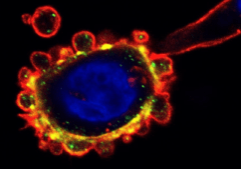
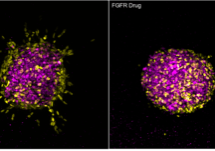

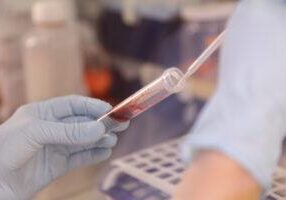
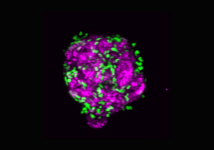
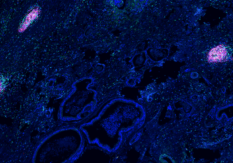

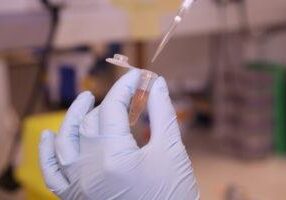
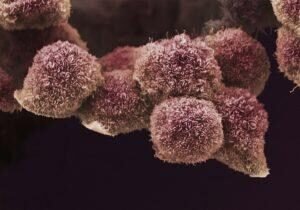
No comments yet